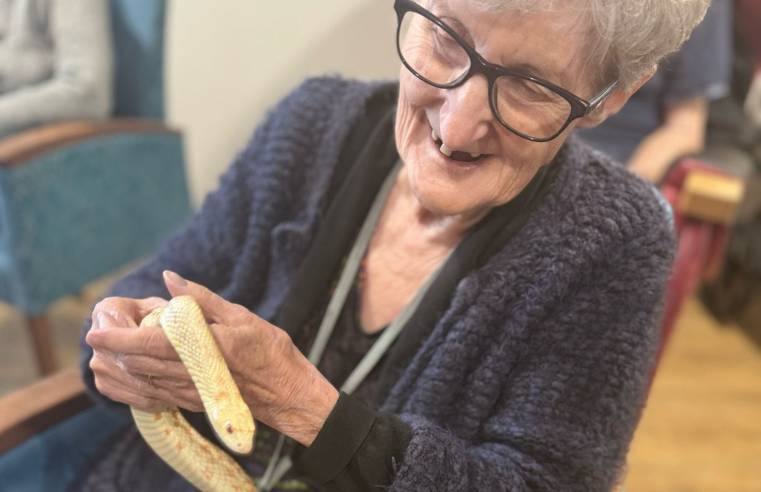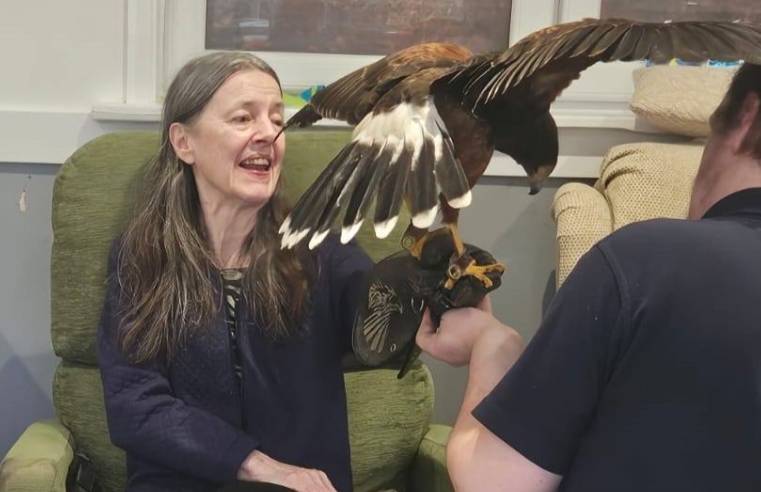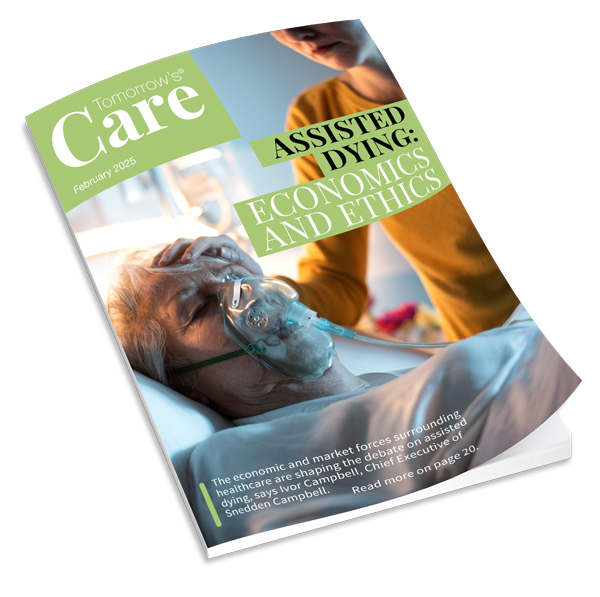New research by Alzheimer’s Society has uncovered that over half of people affected by dementia find Christmas to be the most isolating time of the year, with many dreading the festivities.
54% of those surveyed said they see their friends and family less often over the Christmas period than they did before their dementia diagnosis.
49% of those surveyed reported that the change in their usual routine is stressful, with nearly four in ten people finding Christmas shopping overwhelming and 98% stating that shops are not good at supporting people with dementia at Christmas
Over a third found the extra noise associated with the festive season frightening or stressful and just under a third of people found preparing Christmas dinner challenging.
22% said decorations such as Christmas lights and trees can be irritating and confusing.
People affected by dementia told Alzheimer’s Society that seeing friends and family more frequently and keeping to their daily routine as much as possible helps make the festive period more manageable.
Sharing experiences and talking to others in a similar situation were also cited as important to having the best possible Christmas.
To support families affected by dementia this time of year, Alzheimer’s Society created an infographic with guidance.
Kathryn Smith, Director of Operations at Alzheimer’s Society, said: “While for many this time of year is full of excitement, we must not forget that dementia doesn’t stop at Christmas and feelings such as isolation and confusion can be intensified during this time of year.'
“Alzheimer’s Society is here to support people affected by dementia to cope in the lead up to Christmas. From not overloading the dinner plate to allocating a quiet room where people with dementia can find solace during busy times, our guidance on how to support people during the festive season will empower people to make small steps to have a better experience.”
Debbie Granger, 50, from Telford, Shropshire helps her father, Geoff, to care for her mum, Chris, who lives with vascular dementia. She commented: “Christmas has changed in a big way since Chris’s diagnosis, but together the family has made adaptions to ensure they can still celebrate the festivities.
“The changes caused by Mum’s dementia are particularly noticeable at Christmas. We have found that many people lack empathy and patience for Mum’s condition, and as a result we don’t get invited to Christmas parties anymore or have friends over. It’s sad, but we have learnt to adjust to dementia being part of our Christmas.
“With the advice we were given at the Alzheimer’s Society Dementia Cafe we attend, we have put steps in place so Mum and Dad can still enjoy the festivities. We play board games that are designed for people with dementia which help jog memories and reminisce about the past. It’s a new kind of Christmas, and certainly quieter and lower key than past ones, but Mum can still enjoy it and that’s all that matters.”


























